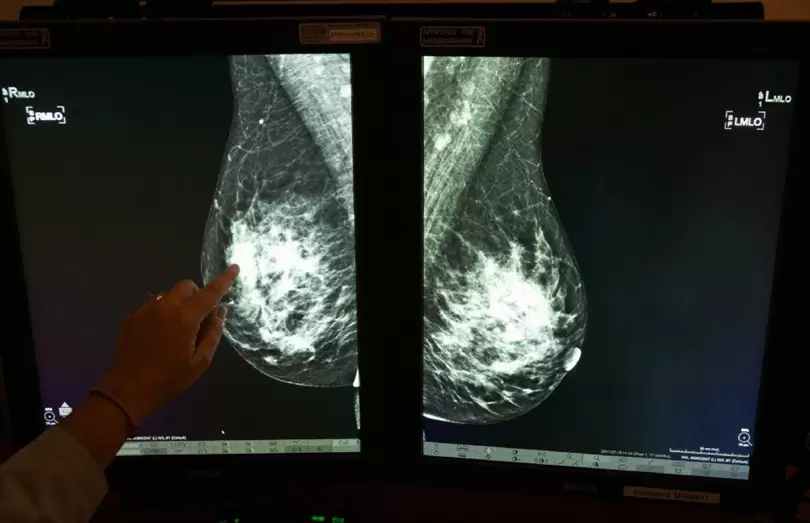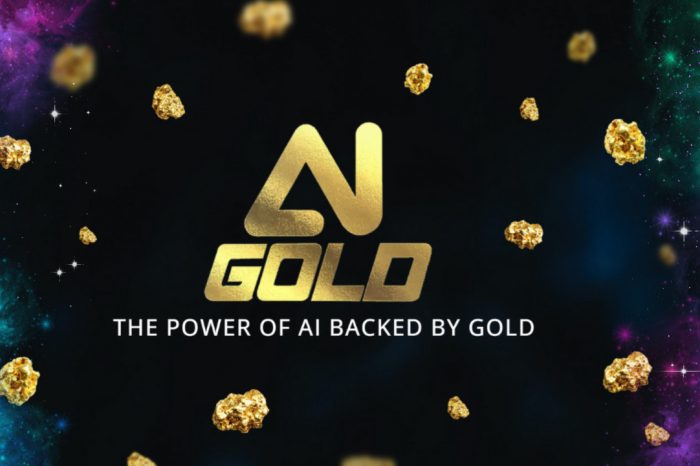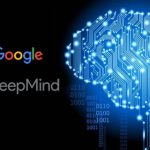Google DeepMind launches the next generation of drug discovery AI model to empower scientists

Less than two months after Mustafa Suleyman left DeepMind to head Microsoft’s new consumer AI unit, Google DeepMind today unveiled the third version of its “AlphaFold” AI model, aimed at aiding drug design and disease targeting.
The news also follows Microsoft’s recent announcement of MAI-1, a large language model overseen by Suleyman. In 2020, the company’s AI-driven predictions revolutionized molecular biology by accurately forecasting the behavior of tiny proteins. The same year, the company made another breakthrough after beating doctors in breast cancer detection. DeepMind said its AI system was able to match or outperform radiologists at detecting breast cancer.

Now, with AlphaFold’s latest iteration, DeepMind researchers and its affiliate Isomorphic Labs, led by co-founder Demis Hassabis, have comprehensively mapped the behavior of all life’s molecules, including human DNA.
Understanding how proteins interact with other molecules is pivotal in drug discovery. DeepMind’s findings, published in Nature, promise to expedite the development of life-altering treatments, cutting costs and time.
Moreover, DeepMind launched the “AlphaFold server,” empowering scientists to validate hypotheses swiftly. Since 2021, AlphaFold’s predictions have been accessible to non-commercial researchers, fostering a database of over 200 million protein structures.
The new server simplifies testing, requiring minimal computing expertise. John Jumper, a DeepMind senior research scientist, noted its accessibility for biologists, streamlining complex analyses.
Dr. Nicole Wheeler of the University of Birmingham hailed AlphaFold 3’s potential to accelerate drug discovery, alleviating the bottleneck of physical testing in biotechnology.
DeepMind was originally founded in London in 2010 by Demis Hassabis, along with his childhood friends Mustafa Suleyman, and Shane Legg. Google acquired the firm in 2015, and it is now a subsidiary of Alphabet, Google’s parent company. The Google AI unit is building AI that can learn and reason like people, as opposed to ChatGPT, which simply reacts to discussions by prompts.




